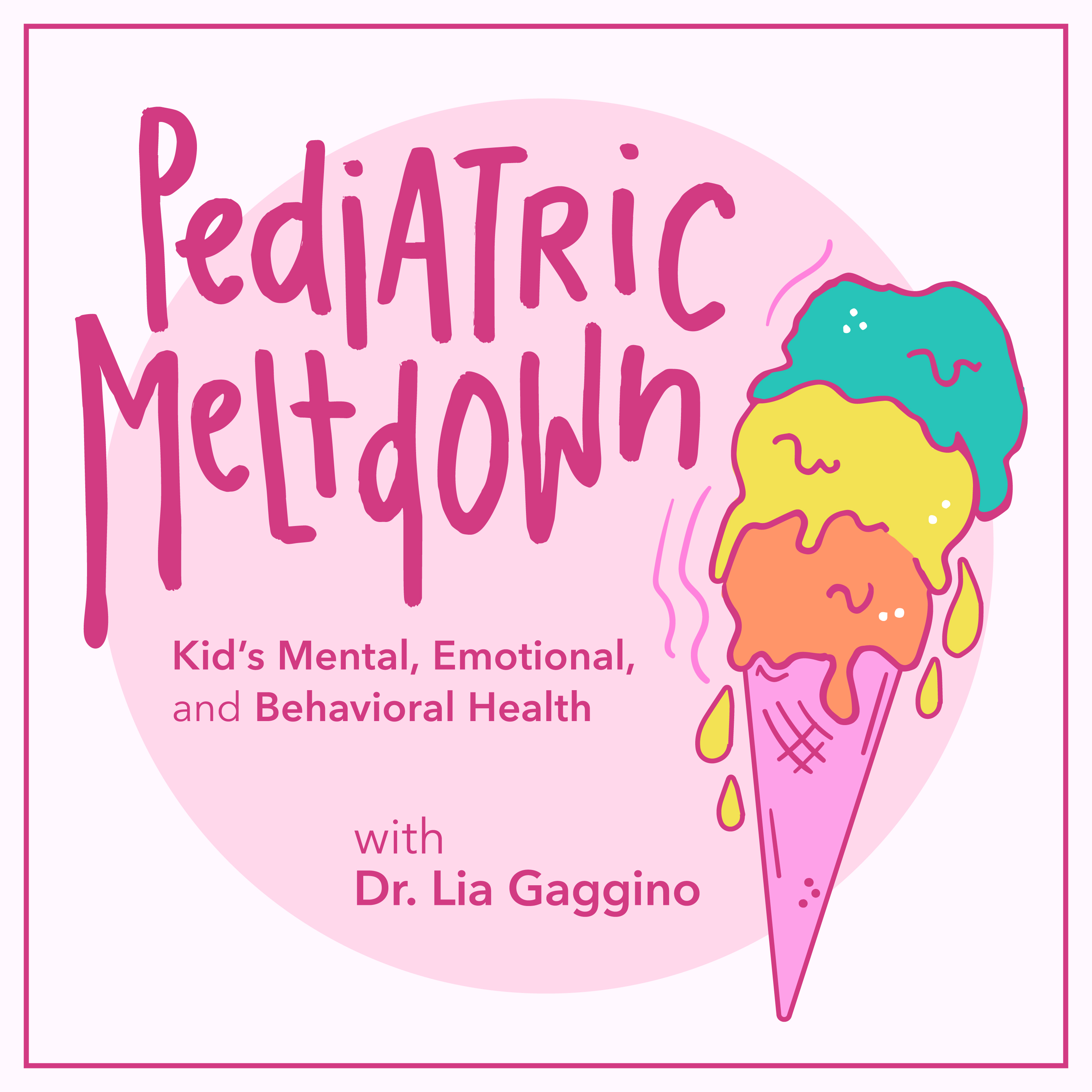
147 Racial Discrimination and Black Infant Morbidity and Mortality: Systemic Change Starts with You
Podcast: Pediatric Meltdown
Autor:Lia Gaggino
https://302.buzz/PM-WhatAreYourThoughtsUnless you’ve been a victim of Healthcare Disparity and systemic racism, you may not be aware that such a thing exists, and that’s exactly why this episode of “Pediatric Meltdown” is especially important for you to hear. Host Dr. Lia Gaggino and her guest Dr. Terri Major-Kincade, discuss the structural barriers that exist in hospitals and Dr. Terri will give some practical advice on being empathetic and listening to patients' concerns. From Dr. Terri’s expertise in racial health disparities to Dr. Lia's wisdom in pediatric mental health, this episode represents a step towards understanding and addressing the root causes of these issues. It's clear that change is required to overcome the challenges in our healthcare system and provide equitable care for all. You’ll also hear about some creative ideas, everything from an Uber delivering breast milk to converting a convenience store into a Farmer’s Market. It’s solutions like these that tell us conversations around this issue must continue and more voices need to be heard to create the momentum required for change. We must recognize that health disparities are not only a moral issue but also an economic one that affects our entire society. By working together towards an overall change, we can create an equitable healthcare system that benefits everyone, regardless of their gender, race or socioeconomic status. [00:33 -21:44] Disparities in Infant Mortality RatesInfant mortality rates in certain zip codes in New York City for black infants were higher than some third world countries.Black women with a college degree are still two times more likely to have an adverse birth outcome compared to white women with a GED in the United States Poverty and lack of prenatal care are not the only factors contributing to these disparitiesSES status (socioeconomic status) does not protect black women from experiencing adverse birth outcomesThe way in which the healthcare system intersects with black women is a contributing factor to disparate care.[21:45 - 37:29] Impact of Stress on Pregnancy and Childbirth Women who experience chronic stress have an increased likelihood of preterm birthChronic stress can lead to remodeling of the cervix and womb, causing challenges during pregnancyStress during pregnancy can also increase the risk of hypertension in children Normalizing the act of asking for help and saying no can help break the cycle of stressChronic stress can also impact telomeres and shorten them, potentially leading to health issues[37:30 - 50:26] Supporting a Grieving FamilyOffer condolences and express your willingness to helpListen actively and without judgmentUse the child's name and ask about their memory Maintain eye contact. Let them know that you hear them, you see themRespect the family's wishes and boundaries, and avoid offering unsolicited advice or opinions[50:27 - 57:21] Vision for a Better FutureA future where conversations about race, color, and culture are unnecessary, but diversity is celebratedEmphasizing cultural humility can help us see people's humanity rather than their circumstancesAllocating more resources to preventive health and normalizing mental health services can lead to significant improvementsPartnering with communities and addressing social determinants of health can help reduce health disparitiesRecognizing our own biases and being open to learning and growth can lead to positive change for...
Fecha de Publicación: 21 de junio de 2023
Duración: 1 hr 3 min
Añadir a Playlist

Episodios Relacionados
-
249. The Pediatric Meltdown Podcast: Behind the Scenes junio 4, 2025
-
248. Conversation with My Daughter: Soft Body Baddie mayo 28, 2025
-
247. Human Trafficking: What Pediatric Clinicians Must Know mayo 21, 2025
-
246. Pediatric Psychopharmacology: Tips for Prescribers mayo 15, 2025
-
245. When Sadness Looks Like Anger: Rethinking Pediatric Depression and Behavioral Activation mayo 7, 2025